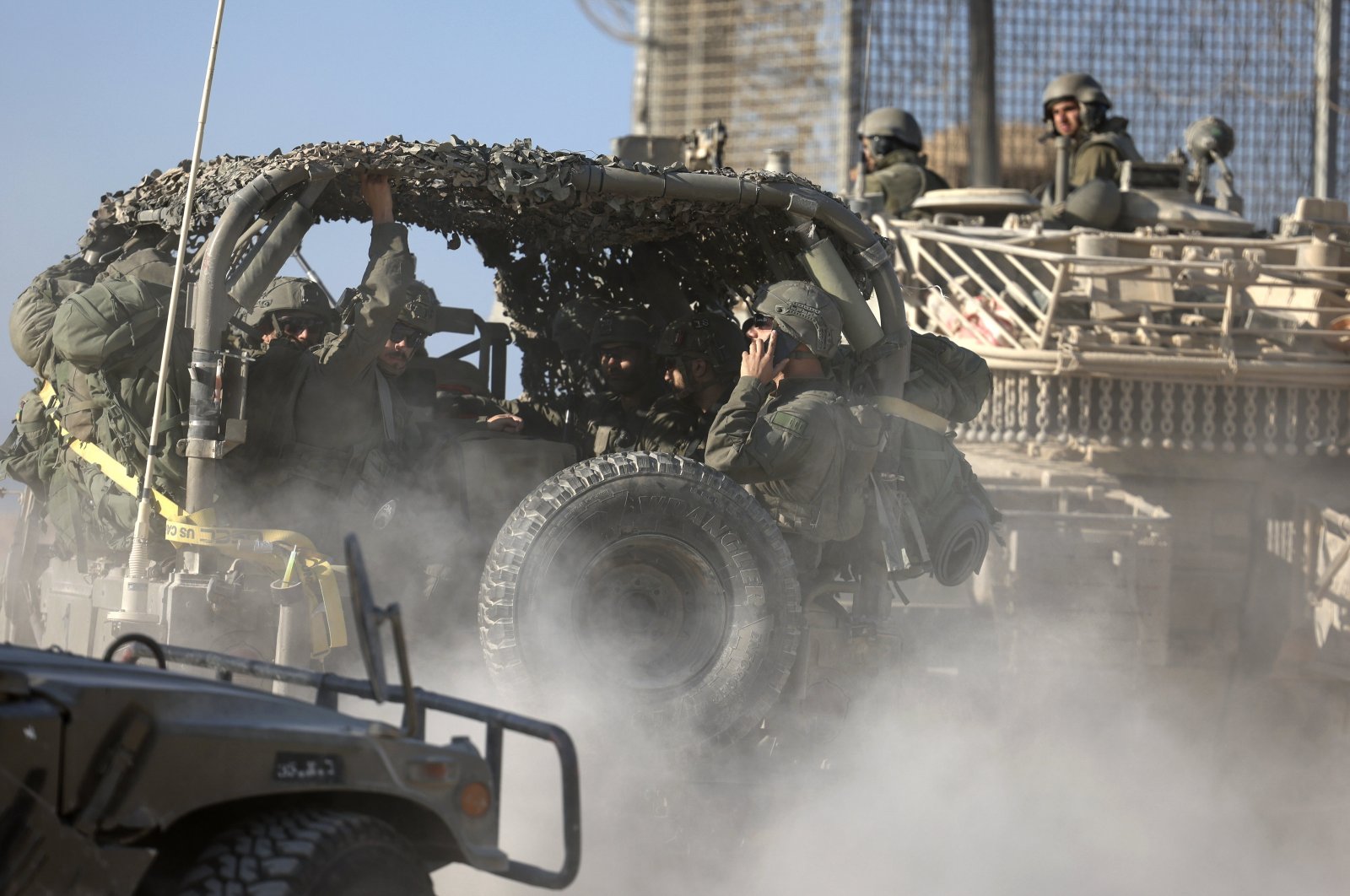
Published 14/11/2024 13:59 | Edited 14/11/2024 14:41
The election of President Donald Trump in the United States has moved the geopolitical table in the conflict in the Middle East. The Israeli newspaper Haaretz published this Wednesday (13) that the country’s army is installing long-term military structures in the Gaza Strip “at maximum speed”, in an evident plan to remain in the enclave at least until the end of 2025.
On the other hand, Saudi prince Mohammed bin Salman classified Israel’s actions against the Palestinian people as “genocide”. The statement was made during a meeting between leaders of Muslim and Arab countries, in Riyadh, on Monday (11).
It is the first statement by the crown prince and true ruler of the Middle Eastern power. The speech is a shower of cold water for the intentions of the future American president, who seeks to implement an alliance between Saudi Arabia and Israel (one of the reasons for the October 7th attack by Hamas).
The Saudi statement comes amid the escalation of the conflict in the region by the Israeli far right, which has also carried out consecutive attacks in Syria and Yemen. In Palestine and Lebanon the death toll exceeds 45 thousand.
Seeking to escape prosecution for corruption in Israel’s courts, Prime Minister Benjamin Netanyahu takes advantage of Trump’s political victory in the USA to pursue his genocidal plan against the Gaza Strip.
This Wednesday, the Israeli daily Haaretz, with progressive tendencies, published a report that indicates the country’s army will remain in Gaza until at least 2025. According to the newspaper, the military is building infrastructure, expanding roads and establishing large installations in the enclave , in proportions that indicate the intention of long-term occupation.
“Work is progressing at full speed. What was an earthen barrier filled with the rubble of destroyed buildings a few months ago is now a very active construction site. Wide roads are being built, cell phone antennas are being erected, water, sewage and electricity networks are being installed and, of course, there are buildings, some portable and others not so much,” Haaretz reported.
“The pace of development of the works is at full steam, and the objective – whether openly discussed or not – is clear: to build the infrastructure for the prolonged stay of military forces in the field, at least in the first phase”, continues the newspaper.
“The way it looks on the ground, the IDF won’t leave Gaza before 2026,” an officer in one of the brigades fighting in Gaza tells Haaretzhttps://t.co/Yn6MwKiyvi pic.twitter.com/SJ6XK6EsYy
— Haaretz.com (@haaretzcom) November 13, 2024
According to the Israeli daily, the army is working to control at least four large areas in different parts of the Palestinian enclave. Sources told Haaretz that the dimensions are not final and that the army “is currently working to expand it further.”
One of these areas is the Netzarim Axis, a corridor that connects the east and west of the Gaza Strip. In this location, after the removal of buildings, a wide strip without buildings was created, transforming what were previously neighborhoods into a desert and militarized zone. The objective is to prevent Hamas military movements between the south and north of Gaza.
The Israeli army has also established itself in the Salah al-Din Corridor, near the southern border with Egypt, where a buffer zone up to three kilometers wide has been created to control the movement of civilians and armed groups.
Another occupation point is a strip along the eastern border between Gaza and Israel, where the Israeli army maintains a security zone about a kilometer deep. The intention of this area is to remove threats, such as anti-tank missiles, from nearby Israeli communities.
At each of these points, the Israeli military presence is reinforced by structures such as communication antennas, water, sewage and electricity networks, as well as temporary and permanent buildings, signaling an occupation planned to extend until at least 2025, according to Israeli sources.
Statement by Mohammed bin Salman
Contrary to Israeli actions in the Middle East, Saudi Arabia, through Crown Prince Mohammed bin Salman, classified Israel’s actions against the Palestinian people as “genocide”.
“The Kingdom renews its condemnation and categorical rejection of the genocide committed by Israel against the brotherly Palestinian people,” said the prince.
Mohammed bin Salman called on the international community to stop Israel from attacking Iran and to respect the country’s sovereignty. The comments follow the same tone as statements made by Saudi Arabia’s Foreign Minister at the end of October.

The prince’s statement, however, is considered the Saudis’ first tightening of the rope in their relationship with Israel. In September, the crown prince said the kingdom would not recognize Israel unless a Palestinian state was created — a move ruled out by Israeli Prime Minister Benjamin Netanyahu.
The normalization of relations between the countries was being brokered by the United States and is the crown jewel of the new US president-elect.
Source: vermelho.org.br

